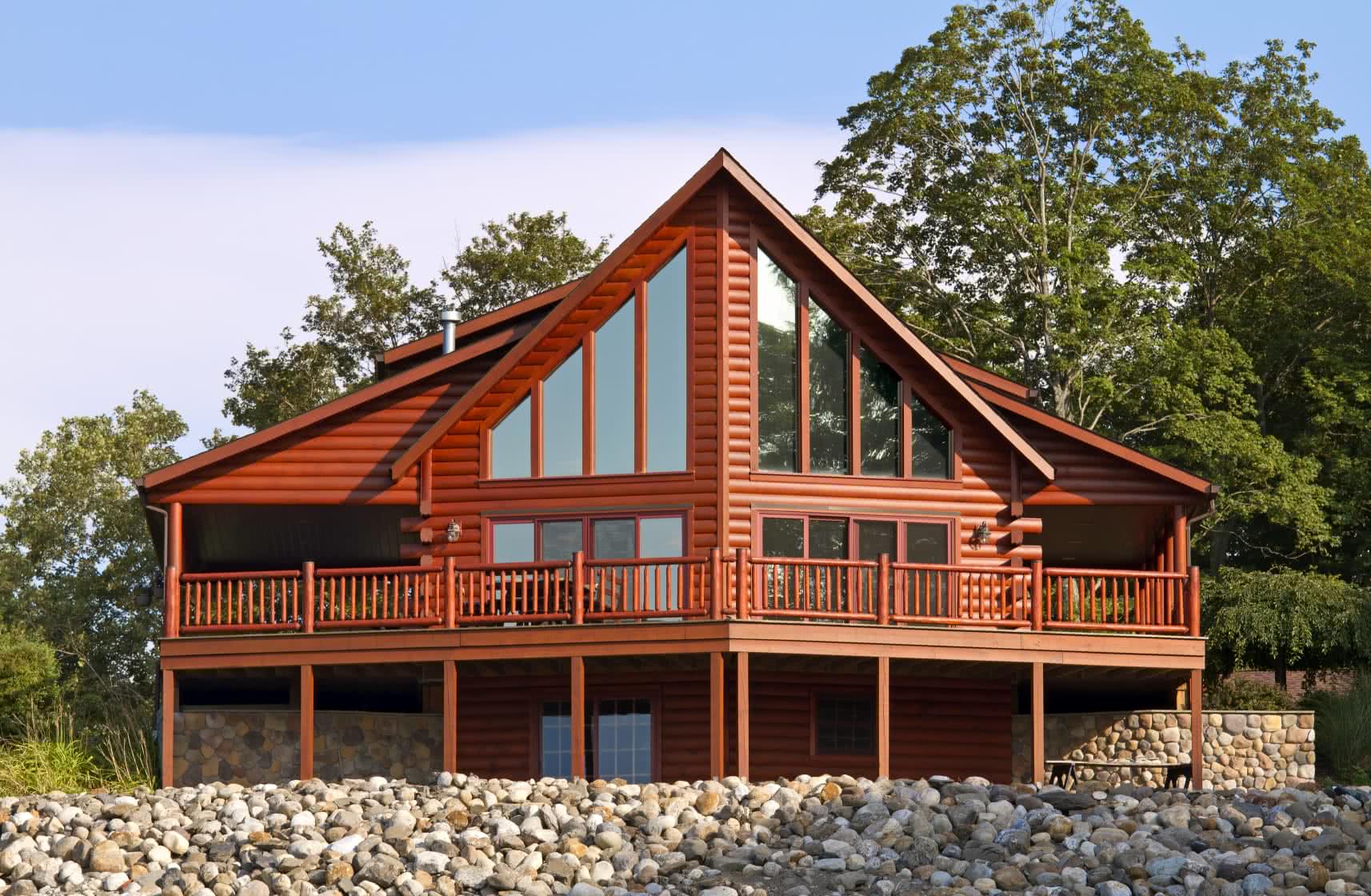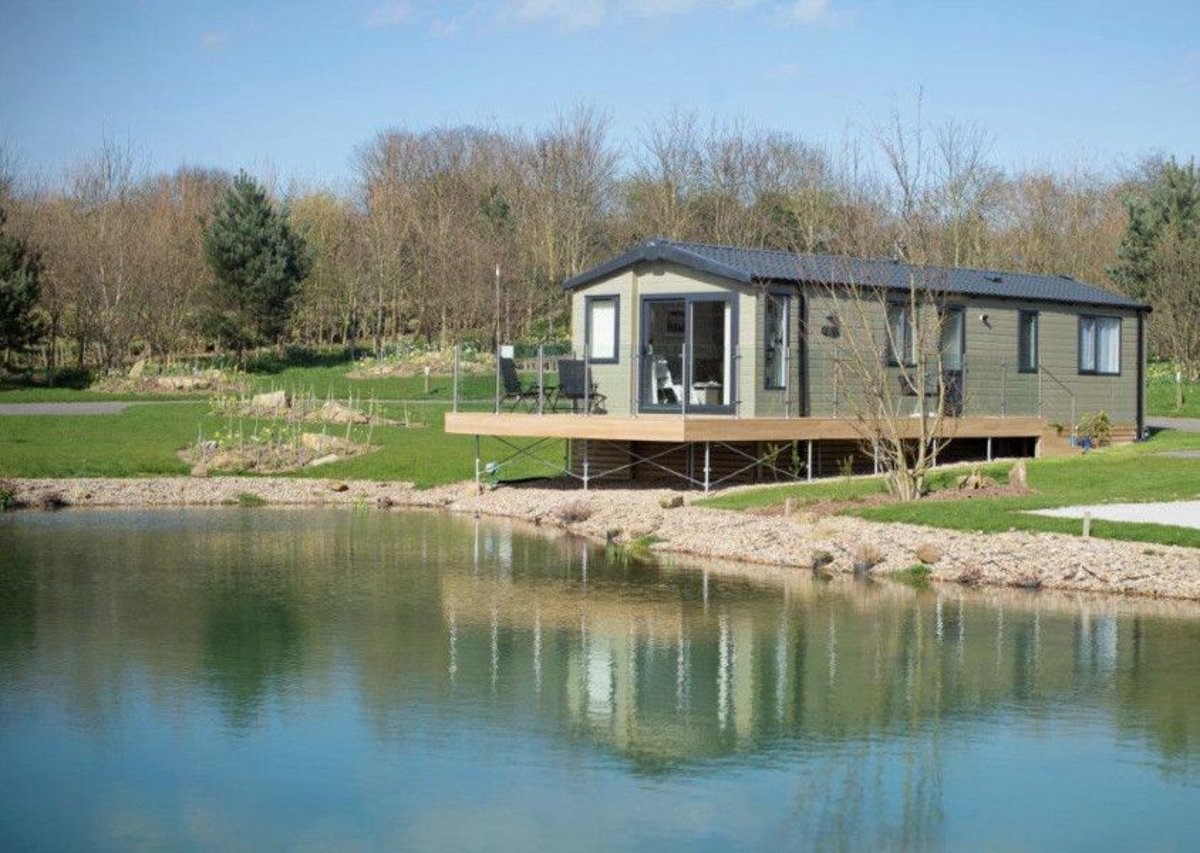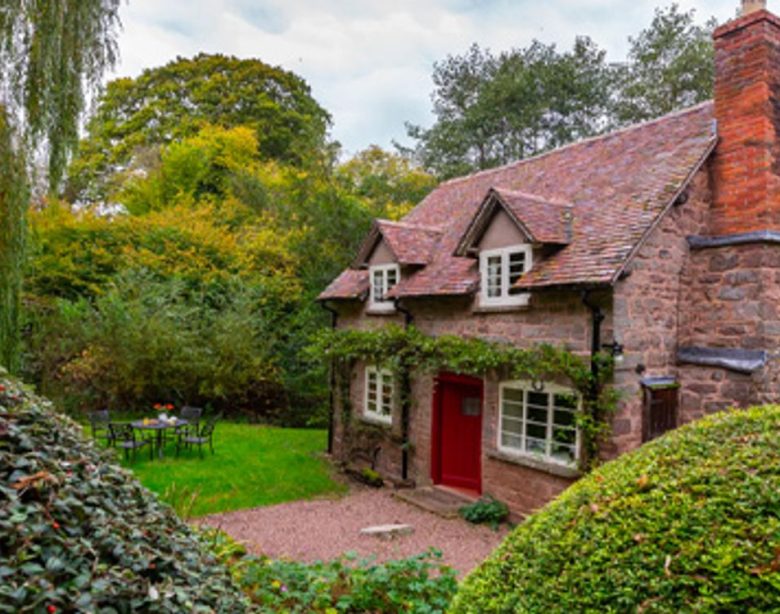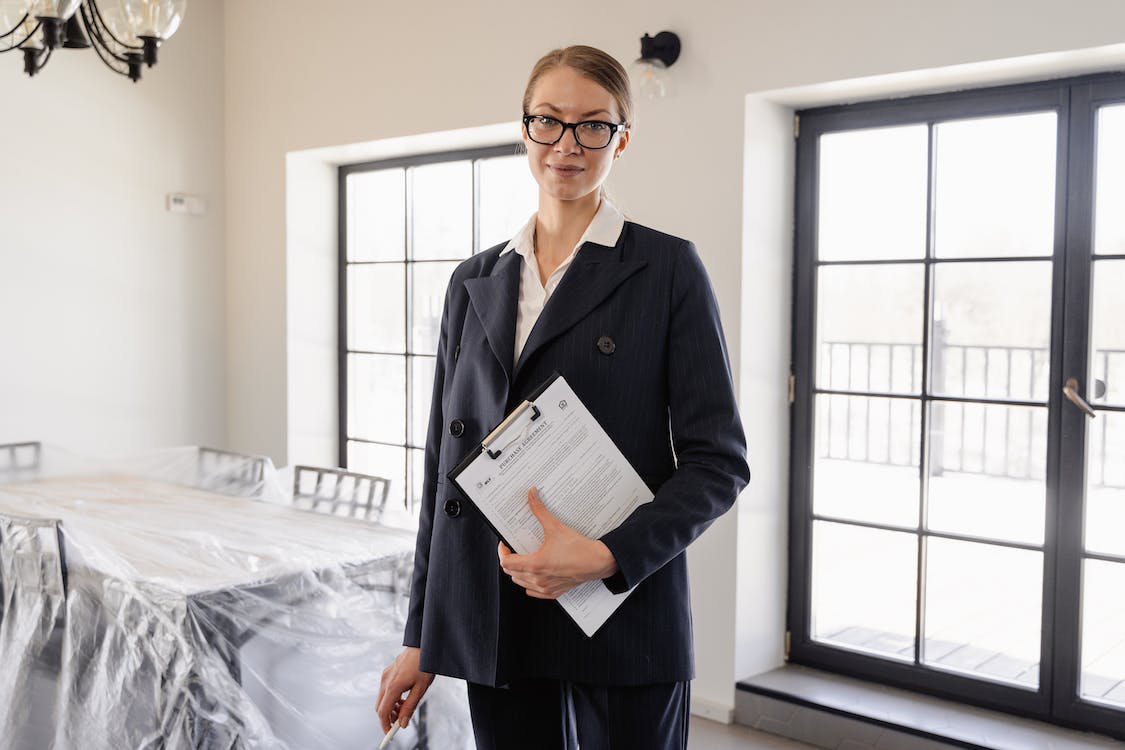Occasionally, you need to get away from the noise and enjoy nature. Perhaps you’ve even had your eye on a little cottage near the water or a cabin with a mountain view. If paradise is a cottage-style house away from the city, here are some factors you should consider while you’re getting ready to buy.
What Is A Cottage Or Cabin?
Cottages or cottage-style homes typically refer to small, rustic houses. Often, “cottage” and “cabin” are used interchangeably. While “cabin” refers to a log home or other wooden structure, “cottage” applies to rural homes built from a variety of materials including wood, brick and stone. “Cabin” may also refer to a structure with few to no amenities used for camping or hunting.
While they can serve as primary residences, cottages and cabins are often used as vacation homes. Many buyers looking at small countryside property already have primary homes located in the city or suburbs. These buyers might plan to use their cabin as a weekend or summer getaway to the sea, lake or woods.
There’s a lot to consider when buying a home. While many of the same principles apply to buying a cottage as they do to other types of houses, a few key differences are worth noting. Here’s what you should have in mind when buying a cottage.

Where To Buy Your Cabin Or Cottage
Where you live often influences where you travel to get away. Before settling on the location of your vacation home, here’s what you should consider:
How it feels: You should visit locations in the area you would like to purchase your cottage house to find one that’s perfect for you.
The weather: If you plan to stay at the cottage for multiple seasons, you should visit at various times of the year to determine if the location is right for you.
Amenities: Consider amenities that are important to you. Do you want a waterfront property with dock access, or can you save a little money by living where the lake is a few minutes down the road?
Hazards and taxes: If you’re near the ocean, can you handle the extra homeowners insurance costs that might come with being in a hurricane zone? Are property taxes cheaper here or in the next town over?
How Frequently You’ll Visit Your Cottage
Is your potential getaway someplace you could escape to time and time again? Some people love having a home away from home to spend time with friends and family members. But if the idea of going to the same place year after year sounds boring, maybe cottage ownership isn’t for you, and you may want to consider a timeshare instead?
How You’ll Spend Time At Your Cottage
Once you’ve decided a cottage or cabin will be your personal retreat spot, it’s important to determine what you need from the actual house. Think about:
The rooms you need: If you plan on having visitors there often, you’ll want an extra bedroom or bathroom. If you’re just looking for your own getaway in the woods, maybe you can get by with one bedroom, a water closet and a few hundred square feet.
What you can do with your space: Think of ways to make the space adaptable to fit more people. Bunk beds and futons are functional accommodations to optimize your cottage’s square footage. Maybe the living room is small, but the exterior includes a large deck or porch, so you can prioritize time outside.
If you know what your vision for the home is, you can find a space that works for you.

How You’ll Line Up Your Vacation Home Financing
It’s important when you’re going through this process that you have your personal finances in order. Take time to understand exactly what your budget is when you begin looking, which will help you make a solid offer that you can back up. Here’s what you need to know:
Getting pre-approval is important. Pre-approval from a mortgage lender will make you a more qualified buyer. It’ll also assure the seller of your dream cottage that you can get financed for the amount you’ve offered.
The qualifications might be stricter. To finance a vacation home, you need a high credit score. You should also expect a higher mortgage interest rate than on your primary home. Second homes account for a higher risk to lenders and investors because if you have a disruption to your finances, you’ll prioritize making the payments on your principal residence first.
Renting is an option. You can also choose to rent out the vacation home when you’re not in it. Just be aware that your lender may consider it an investment property at that point, which may translate to a higher rate as well. You also have to report the rental income on your taxes if you rent out the property for 15 or more days per year.
Policies regarding what constitutes a second home or vacation home versus an investment property vary from lender to lender, so make sure you’re clear with your lender upfront.



